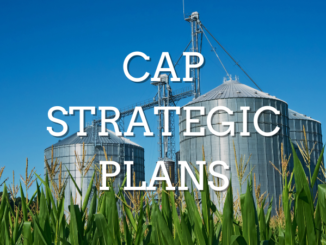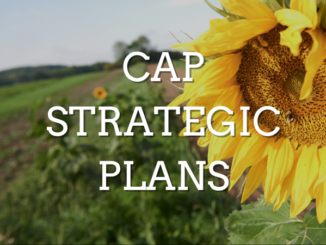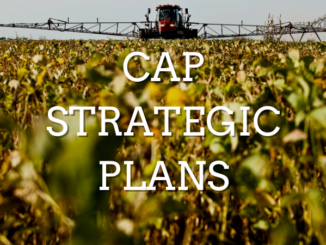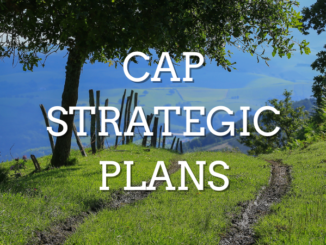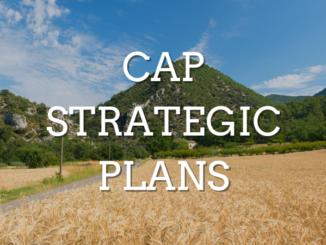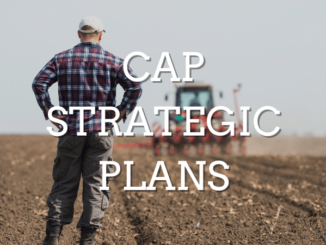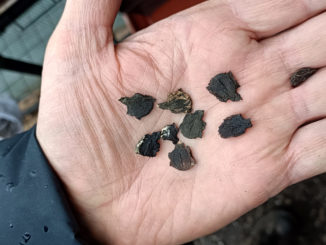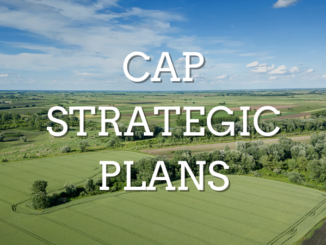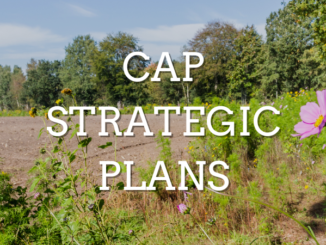
CAP Strategic Plans: A European Food and Agricultural Policy for Times of War
The EU’s recent decision to tax Russian cereals over Ukrainian ones, and the maintenance of solidary lanes with Ukraine despite protests, highlights the relationship between policy and geopolitical tensions. So where next for the CAP? Frederic Courleux argues that CAP must evolve from its neoliberal framework to prioritize food security, economic stability, as well as agro-ecological sustainability. This transition includes securing trade through government-to-government agreements, fostering food stockpiling for inflation control, and integrating food aid into agricultural policies. […]



